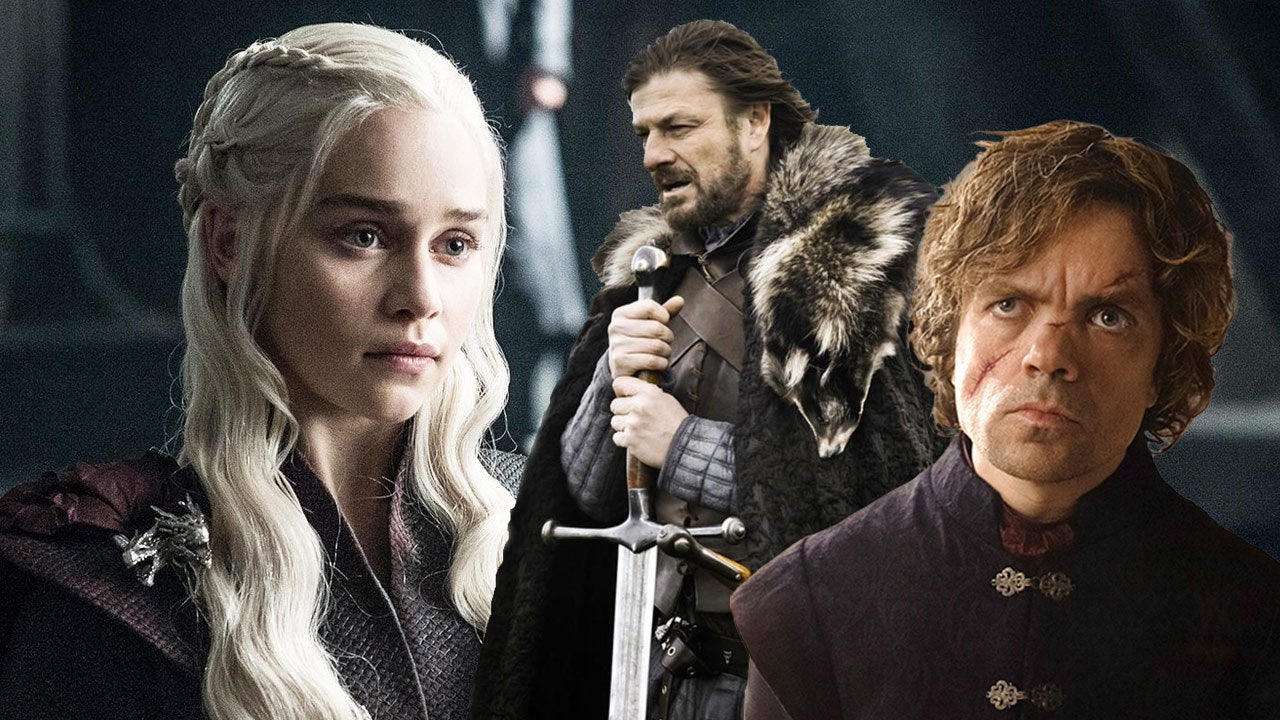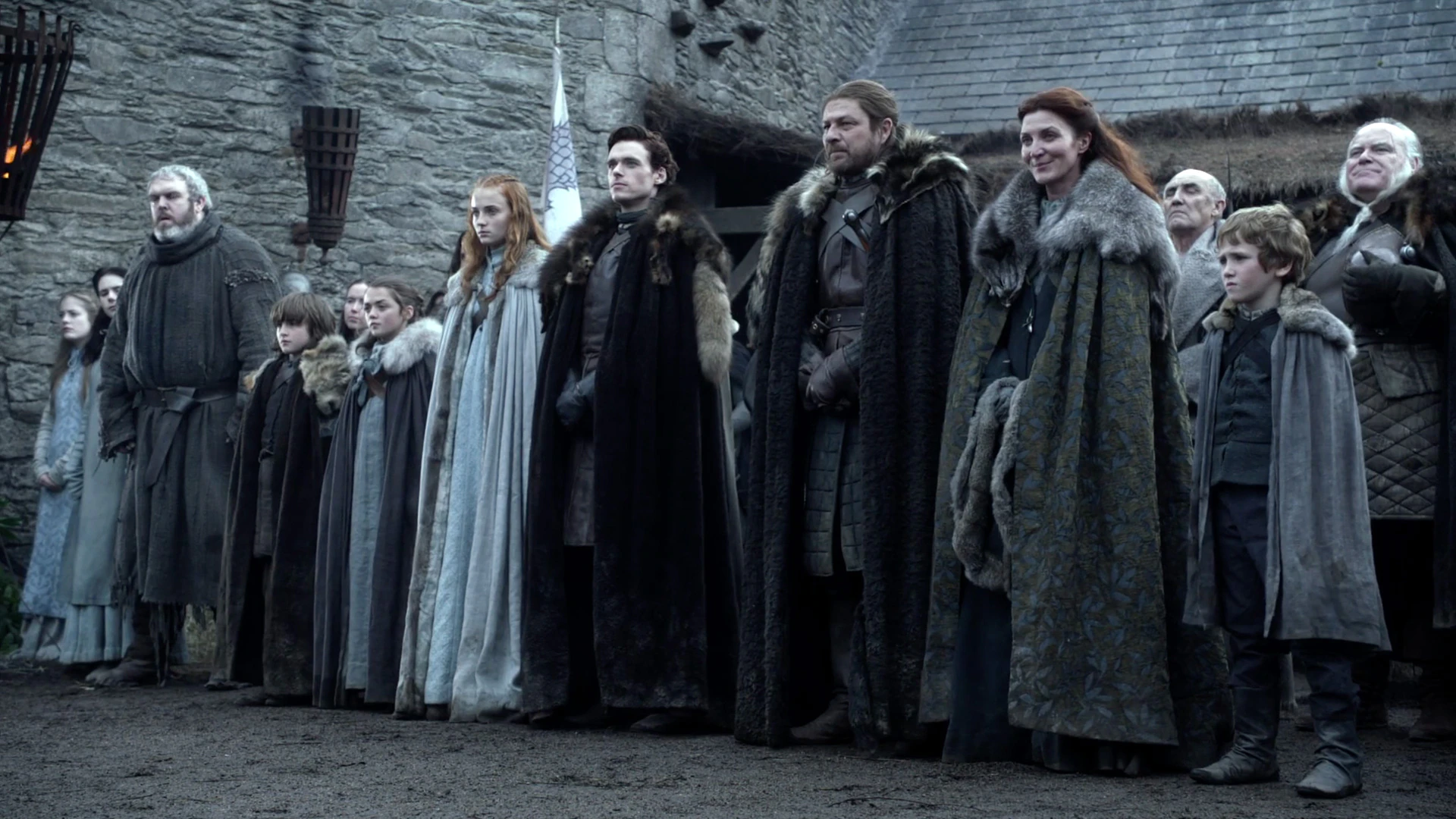“Winter is Coming” the first episode of “Game of Thrones” (2011)

“Winter is Coming” the inaugural episode of the groundbreaking fantasy television series “Game of Thrones” premiered in 2011, marking the beginning of a cultural phenomenon that would captivate audiences worldwide. Adapted from George R.R. Martin’s epic fantasy novel series “A Song of Ice and Fire” the show quickly gained acclaim for its intricate plotlines, complex characters, and sprawling narrative set in the fictional continents of Westeros and Essos.
Created by David Benioff and D.B. Weiss, “Game of Thrones” unfolds in a medieval-inspired world where noble houses vie for power, alliances are forged and betrayed, and supernatural threats loom on the horizon. The series explores themes of politics, honor, betrayal, and the consequences of wielding power through the perspectives of various interconnected characters.

Over the course of its eight-season run, “Game of Thrones” produced a total of 73 episodes, each meticulously crafted to immerse viewers in a rich tapestry of storytelling. From the political maneuverings in King’s Landing to the icy wilderness beyond the Wall, the show’s diverse landscapes and cultures provided a backdrop for epic battles, shocking betrayals, and poignant character development.
The ensemble cast of “Game of Thrones” became synonymous with their characters, bringing them to life with memorable performances that resonated with fans. From Sean Bean’s noble and ill-fated Eddard Stark to Emilia Clarke’s determined and iconic Daenerys Targaryen, the cast portrayed a wide array of characters navigating a treacherous world where alliances were fragile and consequences were often deadly.

The series’ production values set a new standard for television, with lavish costumes, intricate sets, and groundbreaking visual effects that brought dragons, direwolves, and other fantastical elements to vivid life. The scope and ambition of “Game of Thrones” elevated the medium of television, blurring the lines between cinema and episodic storytelling.
“Game of Thrones” garnered critical acclaim and a dedicated fanbase for its bold storytelling choices and willingness to subvert genre conventions. It became a cultural touchstone, sparking discussions about morality, power dynamics, and the nature of heroism in a morally ambiguous world.

The final season of “Game of Thrones,” while divisive among fans, marked the culmination of nearly a decade of storytelling and character arcs. The series finale, “The Iron Throne,” aired in 2019, bringing closure to many of the characters’ journeys while leaving a lasting impact on popular culture and television history.
In conclusion, “Game of Thrones” remains a landmark achievement in television, blending epic fantasy with intricate political drama and unforgettable characters. With its sprawling narrative, stunning visuals, and thematic depth, the series redefined the possibilities of storytelling on the small screen, leaving an enduring legacy that continues to inspire and provoke discussion.